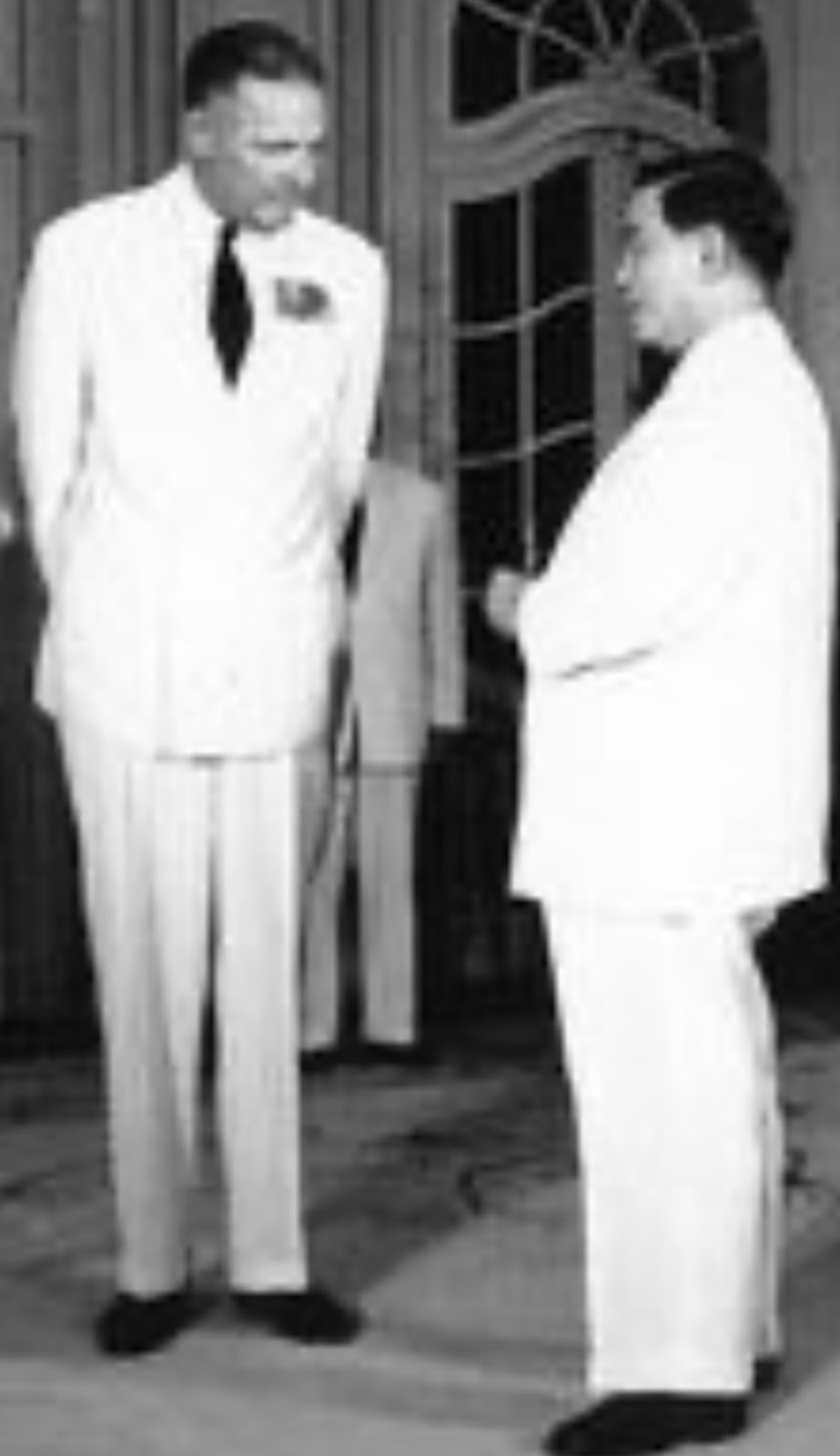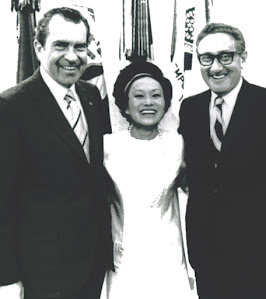32: "What it is ain't exactly clear"*
On October 4, 1963, The New York Times reported that Republican conservative candidate for President Barry Goldwater believed President Kennedy was helping the Soviets. The President was considering a wheat sale to the Russians, which former Vice President Nixon also spoke adamantly against asserting it would be “harming the cause of freedom.”1
Six days later, asserting it was good for the US economy, JFK announced his approval of the $250 million wheat sale to the Soviet Union while ruling out sales to Cuba and China. A schism between Red China and Russia had appeared at about the same time, and the intelligence and defense communities would debate whether it was real and or a treacherous ploy to deceive the United States.2

Labels: Angleton, Bethel, Byrd, Cabell, CIA, Dallas, DRE, Eastland, Goldwater, Helms, JFK, Joannides, Kennedy assassination, Knoll, Lanuza, Luce, Oswald, Salvat, Vietnam, William Pawley

